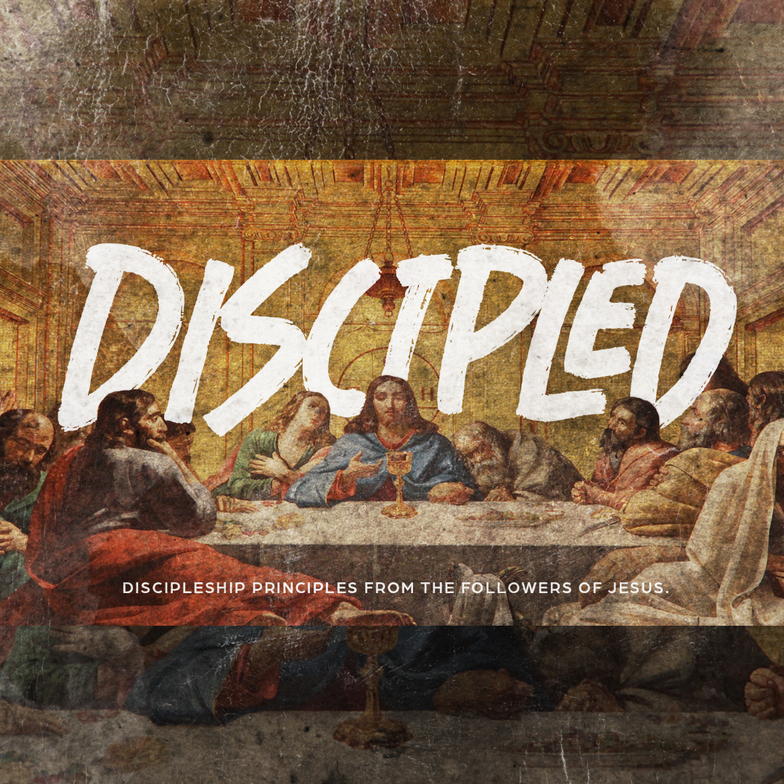
When we think about discipleship, our minds often go straight to prayer, worship, or studying the Word—but few people realize that how we handle our money is also a vital part of following Jesus. Financial health isn’t just about budgets or bank accounts; it’s about lordship. Jesus said in Matthew 6:21 (NLT), “Wherever your treasure is, there the desires of your heart will also be.” How we manage our finances says a lot about who we trust most.
This week, as we continue learning what it means to be a healthy disciple—spiritually, physically, socially, emotionally, mentally, and financially—we’re talking about how to honor God with our money. Because when we’re faithful with our finances, we’re not just managing resources—we’re managing Kingdom potential.
Here are four Kingdom reasons why financial health matters as a disciple of Jesus:
-
To Finance the Kingdom.
Our generosity fuels the mission of God—sending missionaries, planting churches, resourcing outreach. Simply put: our money preaches long after we’ve stopped talking. -
To Meet Practical Needs.
The early church modeled radical generosity. Acts 2:45 (NLT) says, “They sold their property and possessions and shared the money with those in need.” When we give, we mirror the heart of Jesus—caring for single parents, refugees, and neighbors in crisis. -
To Create Freedom to Go and Do.
God calls every believer to a unique purpose—some to stay, some to send, and some to go. But finances can either fuel that calling or frustrate it. Even Jesus’ ministry required financial support (Luke 8:1–3). God’s calling is free, but the journey often costs something. Wise stewardship creates freedom to say yes when God says “Go.” -
To Be a Testimony to the World.
In a culture drowning in debt and worry, a financially healthy believer shines like a light. When we experience financial breakthrough, supernatural provision, and wise stewardship, we display God’s faithfulness for all to see.
To live this out, we can practice the 3 S’s of Financial Health: Sowing, Spending, and Saving.
1. Sowing
Generosity is not about losing money—it’s about planting seed. God is the source of all we have (Psalm 24:1), and He asks us to return the first 10% as an act of trust. Malachi 3:10 (NLT) promises, “If you do… I will open the windows of heaven for you. I will pour out a blessing so great you won’t have enough room to take it in!”
Tithing isn’t paying a bill—it’s worship. It reminds us that God comes first and that everything we have belongs to Him. Luke 6:38 adds, “Give, and you will receive. Your gift will return to you in full—pressed down, shaken together… The amount you give will determine the amount you get back.”
Visual Illustration Idea:
Use a cake to illustrate priorities. Slice pieces for bills, groceries, entertainment, etc., and show how often we leave only crumbs for God. Then, use a second cake to give God the first slice—showing that when God gets the first, there’s still plenty to go around. This drives home Proverbs 3:9: “Honor the Lord with your wealth and with the firstfruits of all your crops.”
When we tithe first, we declare:
-
God is my provider.
-
My job is not my source.
-
I trust His blessing on the 90% more than my control of the 100%.
2. Spending
Healthy disciples also learn to spend wisely. The Bible reminds us in Luke 16:10 (NIV): “Whoever can be trusted with very little can also be trusted with much.”
This isn’t about guilt—it’s about freedom. Unwise spending often leads to stress, debt, and distraction. God wants to position you for blessing, not bind you in anxiety.
Here’s a simple four-step guide to biblical spending:
1 Plan: “Good planning and hard work lead to prosperity.” — Proverbs 21:5
Make a budget before the emotion hits. If you don’t tell your money where to go, it will tell you where you can’t.
2 Pause: “Don’t begin until you count the cost.” — Luke 14:28
Wait before big purchases. Time exposes impulse.
3 Protect: “The borrower is servant to the lender.” — Proverbs 22:7 (NLT)
Debt isn’t sin, but it can steal freedom. Avoid buying what God hasn’t yet provided.
4 Peace: “Let the peace of Christ rule in your hearts.” — Colossians 3:15
Let peace act as your financial referee. If you don’t have peace about a purchase, it’s probably not God’s timing.
Practical Tip:
Try the 24-hour rule—wait a full day before any non-essential purchase over a set amount.
3. Saving
Saving is biblical stewardship, not selfishness. Ecclesiastes 11:2 (NLT) says, “Divide your investments among many places, for you do not know what risks might lie ahead.”
A simple rule of thumb: 10–10–80 → give 10%, save 10%, live on 80%.
Even small habits make a difference—like skipping one coffee a day and investing that $25/week. Over 30 years, that could become more than $120,000 through compound interest!
Proverbs 21:5 (NLT) reminds us, “Good planning and hard work lead to prosperity.” God blesses faith, but He also blesses wisdom.
As we grow spiritually, physically, emotionally, mentally, socially, and financially, we become whole, healthy disciples—ready to multiply. Jesus didn’t call us to follow Him with only our hearts; He called us to follow Him with our whole lives.
Matthew 28:19–20 (NLT) says, “Go and make disciples of all the nations… teaching them to obey all the commands I have given you.” That includes how we handle what He’s placed in our hands.
When we live with open hearts and open hands, we become living proof that Jehovah Jireh still provides.

